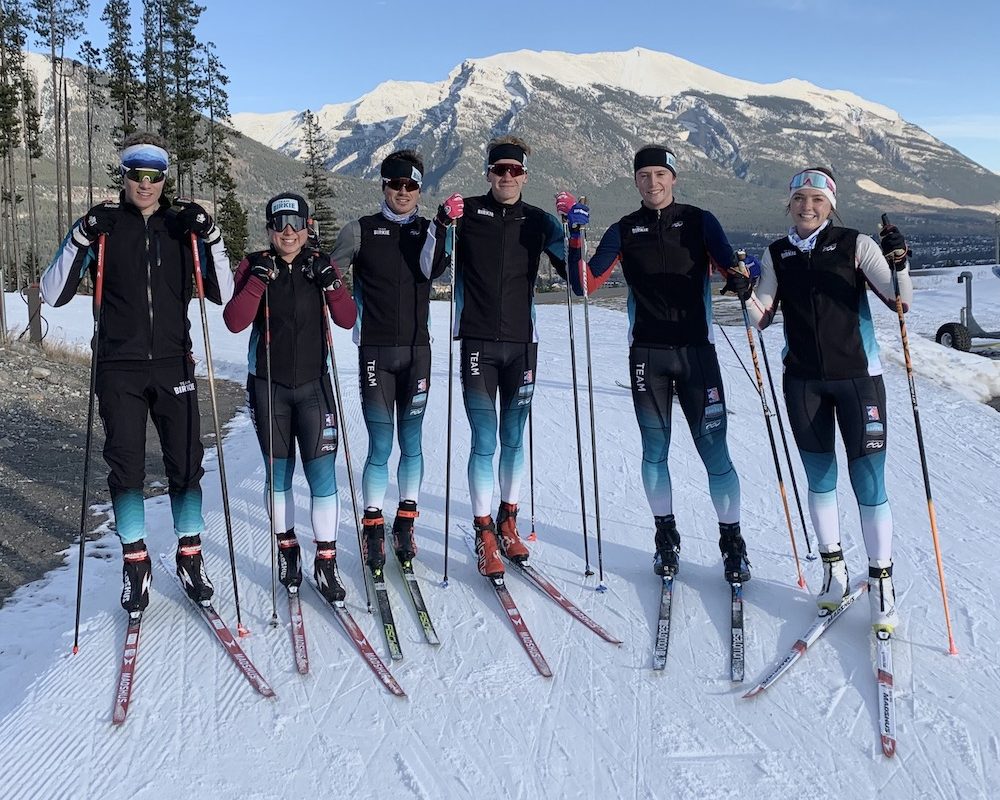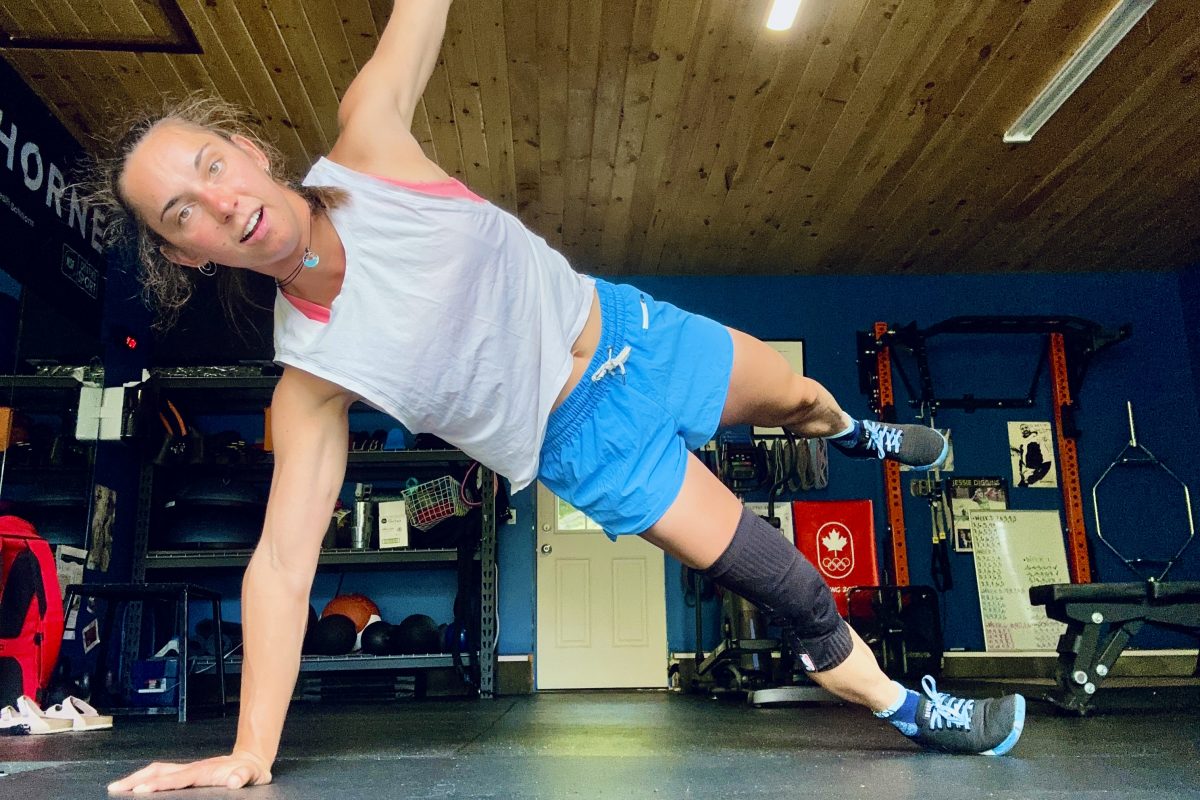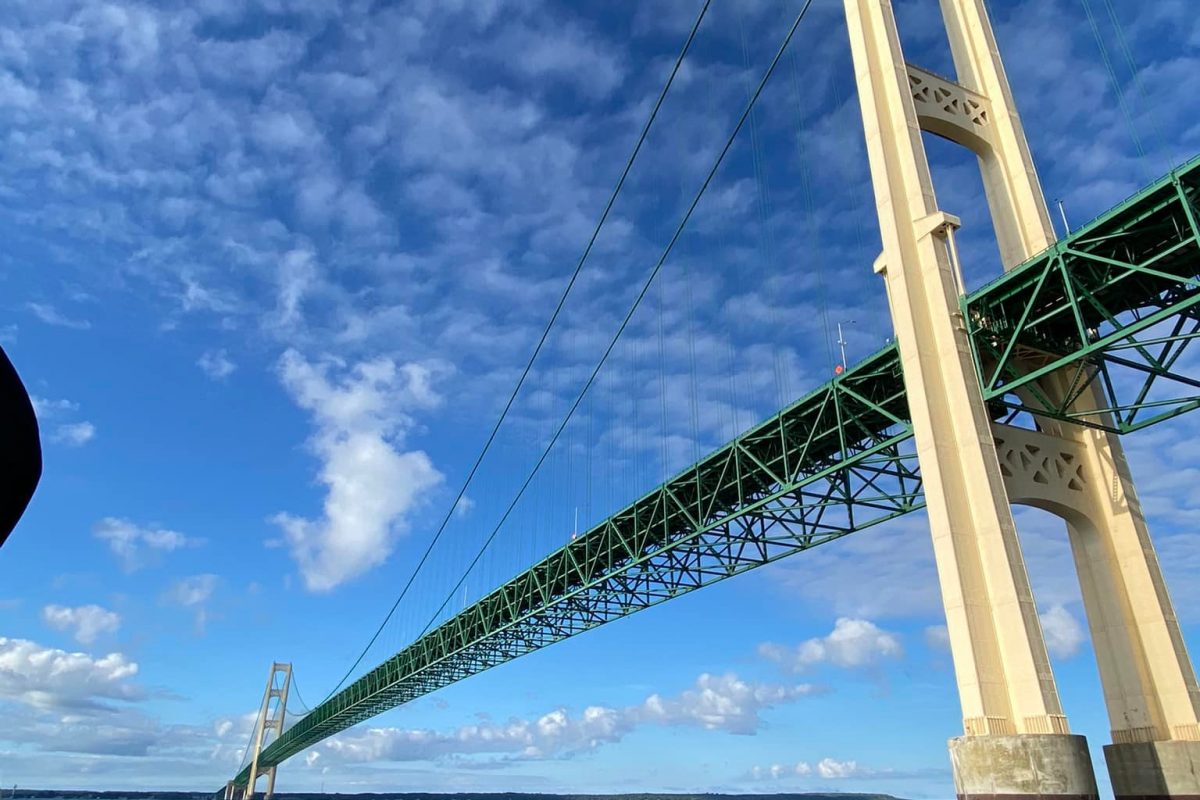“Crazy stuff is something you can do at home. In public you need to behave yourself.â€
It is something that is easy to say, but a little tougher to live up to. At least it was for me. I can probably admit that I did one or a few wrong things out in public. One of the dumbest things I have done was to make homemade bombs. The Gardemoen military camp was nearby our home, and we would often play there. We would gather up the spent cartridges from the military exercises they had there and collect the gunpowder in glass bottles. By adding a firecracker we could produce our own homemade bombs. It was a dangerous game. One time it looked like our game was going to have really horrible consequences. A girl from the neighborhood got a piece of glass blown into her arm. We “operated†on her right there, but never did have the nerve to tell any of our parents what had happened.
There was also a canoe trip when we were 12 or 13 years old which can be characterized as poorly thought-out. We packed three boys and a lot of gear into a canoe that was clearly designed for two people. We brought a lot of fishing equipment, including a fishing net (which was illegal to use). The river’s flow rate was pretty high, but I assured the others that I knew the Leirelva river so well that everything was going to be okay. I had unfortunately forgotten about the waterfall near an old abandoned mill. By the time we became aware of the danger, it was too late to turn the canoe around but we were able to grab onto a tree that hung over the river. There we hung, as we carried on an animated discussion about what we should do next. With a vote of two to one, we decided to continue over the small falls. In hindsight it is easy to see that the minority voice was right. We had barely let go of the tree before the canoe turned sideways and sent us helplessly over the falls. Two of us were fine, but the other ended up in the hospital in Eidsvoll where stitches were needed to sew up a nasty wound. We found the canoe one or two kilometers further down the river. The bag with all of the fishing equipment, which was all mine, was never seen again. It was actually not so much mine as it was my father’s fishing gear.
One time we learned that the egg-laying hens in a nearby farm had been gassed and had died. Here was money to be made, we thought, and made contact with the farmer. He supplied us with 50 of the hens’ chicks for free. We thought we would raise them to sell later. To my parents’ surprise, we took the responsibility seriously. One day when they came home from school, I stood over my flock with a herding staff in hand. I had let the chicks out into the garden and was watching over them intently. But after a while the chickens became so big that they needed their own house. We built one, complete with heating, in the neighbors’ yard. We began the operation with dollar signs in our eyes, but saw that our profits were going to be somewhat meager at best. The chickens ate much more than we thought they would. The noise from the chickens began to wear on the neighborhood’s nerves. One chicken they might have been able to tolerate. But we had 50! We had no choice: we needed to slaughter them. With that decision, everything was ready for the worst bloodbath in Nannestad since a battle near LÃ¥ke during the border war of 1240. We chopped the heads of the chickens, which would then continue to spurt blood as they ran about the yard. In then end we were able to execute them all. We sold some to skeptical, but relieved, neighbors. My grandmother in Alvdal bought the rest, at a price higher than market value.
Some of the craziness I did keep within the family, though. Once I was able to get my sister Hilde, who normally was much more mild-mannered than me, to scream so loud that it scared the neighbors. It happened after my father and I had caught a four-kilogram northern pike in a lake nearby. It was still alive when we brought it home, so I filled the bathtub with water and put it in. I then pulled the shower curtain shut and looked forward to how Hilde would react when she came in to shower. The sound of the scream that rang over Nannestad when she stuck her foot in the bathtub is something I have never heard either before or since. Fortunately she didn’t exactly hold a grudge. But it was a while before the balance returned to our brother-sister relationship. My mother and father tried to put in a good word for me, saying that I was good deep down. As usual Hilde answered sharply, “Yes, but you would need to go way down to his fungus in his feet to find it!â€
There was often a lot of witty comments flying around the table in the Dæhlie home. In an interview with the newspaper Dagbladet, my parents pulled out a story with me in the lead role. Dagbladet wrote that it was not easy to be me:
“Small and red-haired, sitting alone on the bus going home, with two parents who all the children in the town know. Once he was home and sitting at the dinner table, an unusually silent Bjœrn finally said the following:
“To have a father who is the principal and a mother who is a teacher and who has just been elected to the city council for the Left party, is what I call a bad start to life.â€
Reflections from an Ice-fishing Hole
As I have grown up, I have realized that living fish are best kept outside. I sit by an ice-fishing hole, where Vilde and I have rented a cabin for New Year’s. When I sit there on the ice and stare—moving the fishing line up and down, up and down—when I sit there and see the snow-covered pine branches and the clear, blue winter night’s sky, when I feel the cold scraping life into my face and when stillness covers everything around me, I feel peace. I don’t think about medals or time-splits, or Myllylä or Smirnov. During such times I become a philosopher—an amateur philosopher.
I thin about how lucky I am to do a sport which is so closely tied to nature, and which is so multi-faceted. I think how intense the experiences can be when one double-poles in to the Granåsen World Championships stadium in Trondheim, or when one fights through the extremely tough 50 km at Holmenkollen while 50,000 people cheer you on. Think about the drama when you collapse over the finish line after a race that will win gold, with rows of TV camera catching every second.
But cross-country skiing is also a morning workout in shorts and a T-shirt up on the glaciers in Sognefjell. It is also an altitude camp in Italy and a three-hour workout in slush and wet bogs on an October day in Trysilfjellet. Cross-country skiing is seeing a flock of game birds up near Fjellsjœkampen.



